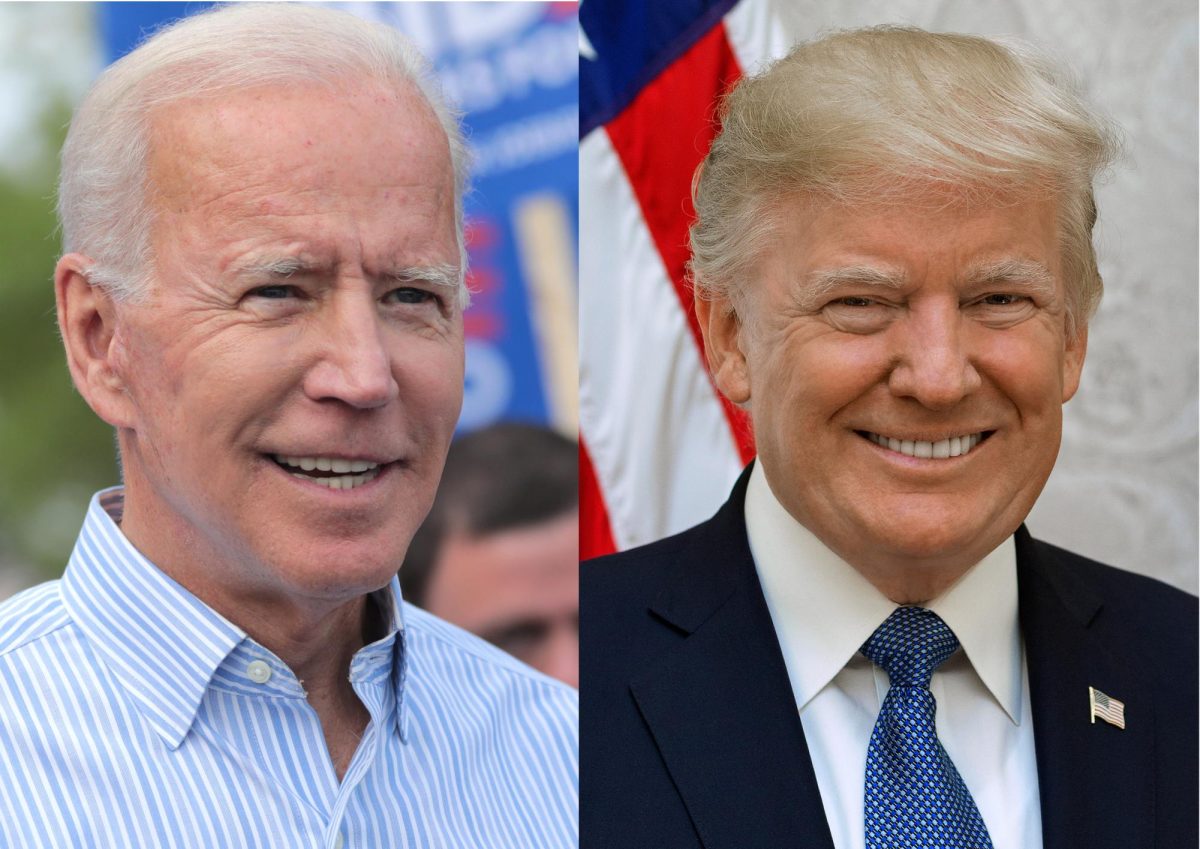With voters becoming more politically divisive, perceptions of the presidential election have shifted from deciding our future to saving our country. American politics have become more chaotic, and people’s voting strategies for the election have started to focus on a new objective — harm reduction. It’s a political shift that puts into perspective the real issue with American politics — their electoral system.
The Biden vs. Trump rematch will be one of the most unpopular elections in recent history, with both candidates having favorability ratings in the low 40s. A poll from Ipsos reinforces this sentiment with 36% of Democrats saying they would be more likely to vote Democrat if the candidate was someone other than Joe Biden. In the same study, 37% of Republicans say they would be more likely to vote Republican if the candidate was someone other than Trump.
These statistics paint an unfavorable picture of how Americans view the presidential nominees coming into the 2024 election. However, I can’t blame them.
This year, Donald Trump and Joe Biden have had their fair share of political controversies, furthering their lack of public approval. Trump is currently facing 91 felony counts across two state courts and two different federal districts, which include cases ranging from illegal hush money payments to conspiring to overturn the presidential election. Biden also faces political backlash from voters for his actions in the Middle East, as over 100,000 Michigan voters cast “uncommitted” ballots to protest America’s funding and support of Israel’s strikes on Gaza.
The majority of voters on both sides of the political spectrum have recognized these flaws in the candidates, but they also understand this election’s importance in deciding the country’s future. This leaves voters with a difficult choice: Who will cause less political damage?
Get The Daily Illini in your inbox!
This has become the norm in American politics: voting for the presidential candidate who will cause the least harm to the country, or, harm-reduction voting.
However, America’s shift to harm-reduction voting is more than just a product of poor candidate choice — it’s a consequence of a flawed electoral system.
In America’s winner-take-all electoral system, voters must choose a candidate based on more than mere preference, but on the probability of their vote making a difference.
People know that a vote for their preferred candidate might inadvertently aid the opposition by taking votes from a candidate whom they perceive as having a stronger chance of winning, often resulting in a Democrat vs. Republican presidential matchup. This leads to the third-party candidate being left without support, regardless of their favorability — which is the likely fate of Robert F. Kennedy Jr.
RFK Jr. is a third-party candidate running as an Independent in the presidential election; he currently has a favorability rating of 52 percent — higher than both Trump and Biden. However, due to his running as a third-party candidate, polling shows Kennedy with sub-10% support.
Third-party presidential wins are essentially impossible in America, as its undemocratic electoral system forces people to vote either Democrat or Republican, causing voters to engage in harm-reduction voting.
This upcoming presidential election could have 10 different candidates running in the general election, but the results will be the same as ever — either Biden or Trump will win, despite their unpopularity.
A democratic country should provide its voters with viable alternatives in elections, especially in the current situation Americans face where most voters don’t favor either presidential nominee. A ranked voting system would solve this, in which voters can rank candidates based on preferences, assuring no vote is wasted and allowing for more competition.
Voters’ use of harm-reduction voting reveals the need for this reform, allowing voters less concern and more of a voice with their vote — because providing freedom of choice is crucial for true democracy.
Grayson is a freshman in LAS.






